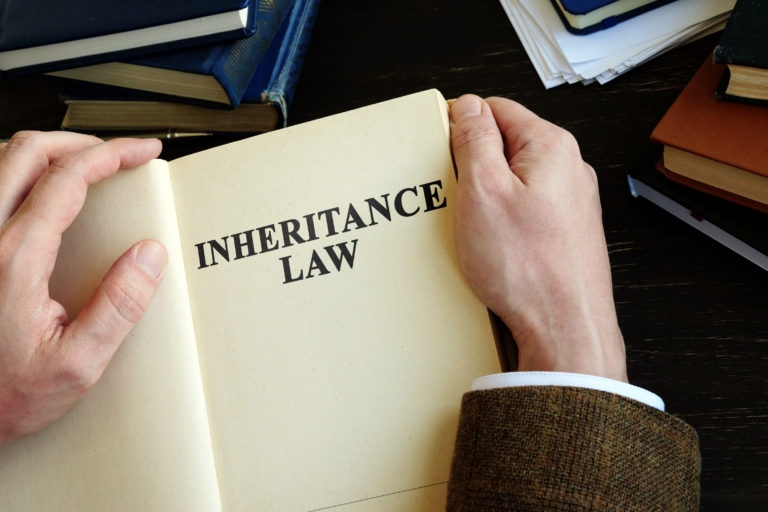If an estate is subject to probate in Florida, one of the individuals interested in the estate must file a petition for probate with the appropriate court. During probate, the court will verify whether the will is valid and determine how the assets should be distributed.
Must all last wills go through probate in Florida? Read on to find out.
Do All Wills Have to be Probated in Florida? – The Verdict
Under Florida law, there is no formal requirement that a will must be probated.
Florida Statutes §732.901(1) expressly state that “the custodian of a will must deposit the will with the clerk of the court having venue of the estate of the decedent within 10 days after receiving information that the testator is dead.”
While there is an explicit requirement to file and record a will with a court in Florida, filing for probate is not mandatory. It is fundamental to understand the difference between “filing the will” and “probating the will.”
When someone files a will, he or she is submitting the document to the court’s custody. Requesting the court to probate the will requires a specific petition to administer the testator’s estate.
Before filing for probate, the person in control of the will or any interested party must identify whether the document should be probated.
When Should You File to Probate a Florida Will?
Probate Assets vs. Non-Probate Assets
If someone dies owning assets named solely in his or her name, these assets will likely go through probate. Unless the assets are exempt from probate (Fla. Stat. §735.301), the deceased’s heirs must file for probate to receive their rightful share of the estate. Examples of non-probate assets include:
- Real property owned under joint tenancy
- Real property owned under tenancy by the entirety
- Any property transferred into a trust
- Retirement accounts
- Bank/brokerage accounts under joint tenancy
- Bank/brokerage accounts with payable-on-death (POD) and transfer-on-death (TOD) beneficiaries
- Life insurance or brokerage-related accounts with beneficiaries that are not the deceased person
Insolvent Estates
The term “insolvent” is used to describe estates in which the total value of the assets is not sufficient to pay the decedent’s outstanding debts and liabilities. In such cases, the deceased person’s family may consider probate a waste of time and money.
No beneficiary of an insolvent state must open probate solely to benefit creditors. Once the creditor period expires, they can no longer collect from the estate. However, this type of approach requires expert guidance from a seasoned attorney in Florida.
Wrongful Death Claims
When a Florida resident is a victim of wrongful death, the decedent’s personal representative is the only person who can file a wrongful death claim. In such cases, the estate must be probated even if the decedent died owning only non-probate assets.
Litigation vs. Decedent’s Estate
If the decedent died involved in litigation before his or her death, the court will open the estate and designate a personal representative to handle the decedent’s pending affairs. Hence, the decedent is replaced by his or her estate in the litigation.
With the guidance of an expert attorney, this type of situation is not as complex as it may sound.
Do You Need to File for Probate? – Immediately Contact Your Florida Probate Lawyer
Contact Attorneys Romy B. Jurado and Diana C. Collazos today by calling (305) 921-0976 or emailing [email protected] to find a strategic solution for your case.






